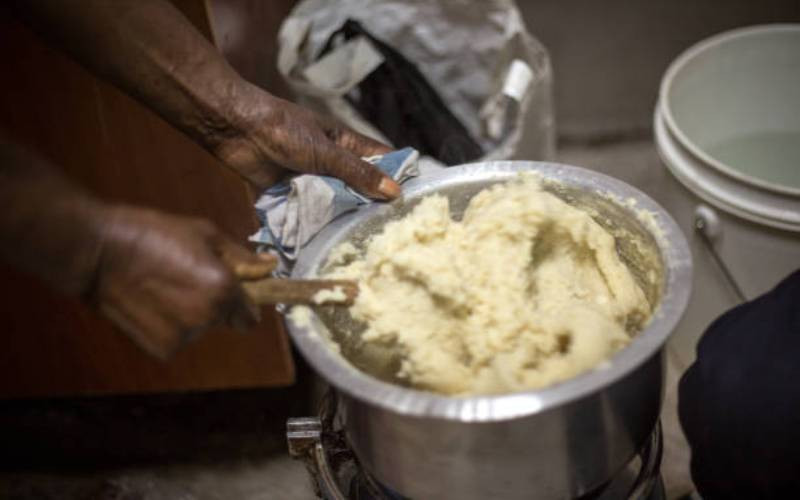×
The Standard e-Paper
Kenya’s Boldest Voice

With less than a month to the General Election, many politicians are ambling around with bigger troves of cash ready to dish out to voters.
And in these hard economic times, a majority of the electorate will take the bait for a packet of unga (maize flour). The Central Bank of Kenya (CBK) indicates that the country recorded a 12-month inflation (the percentage change in the monthly consumer price index (CPI)) of 7.9 per cent in June.